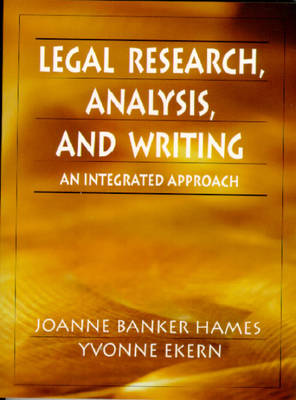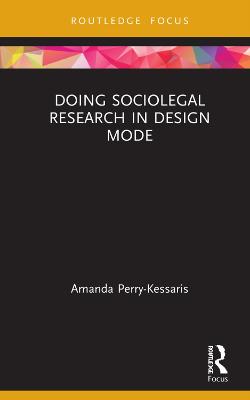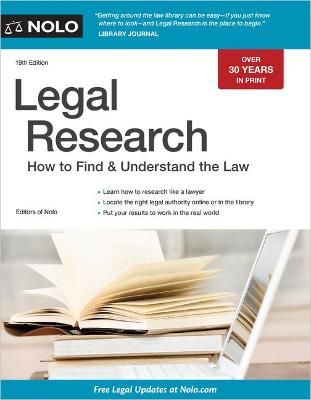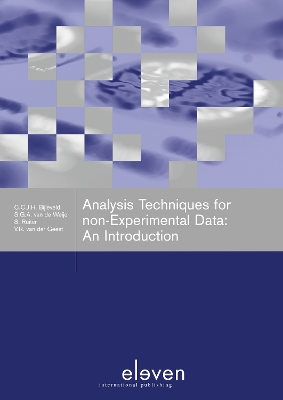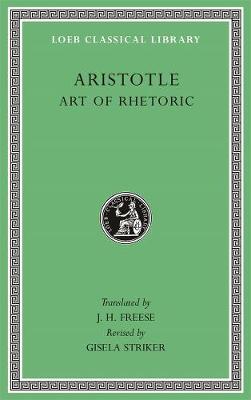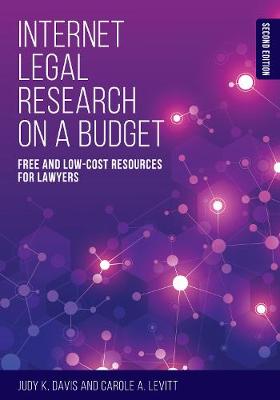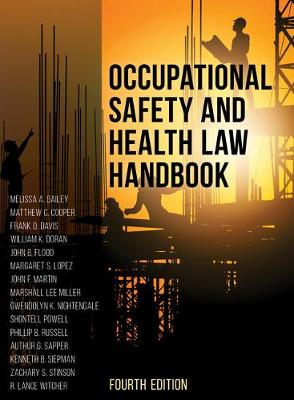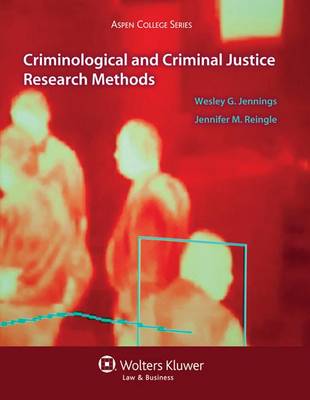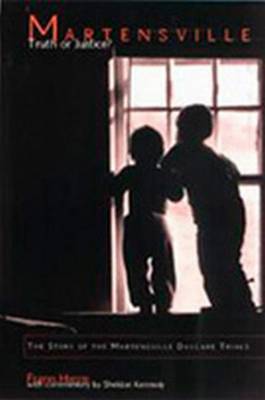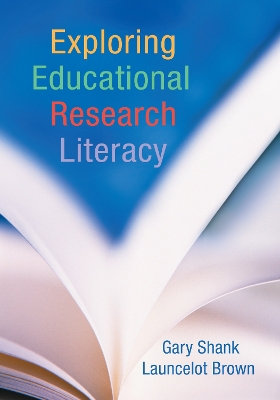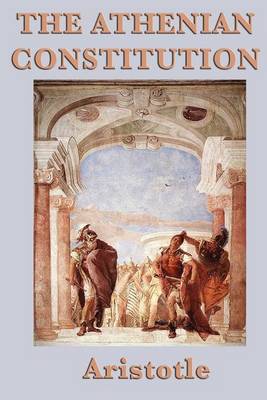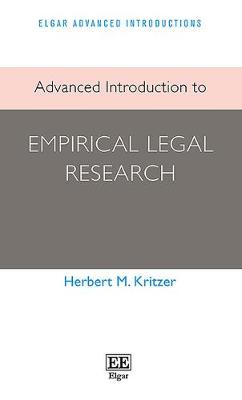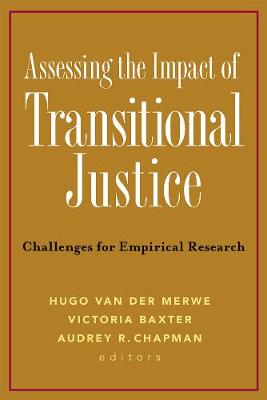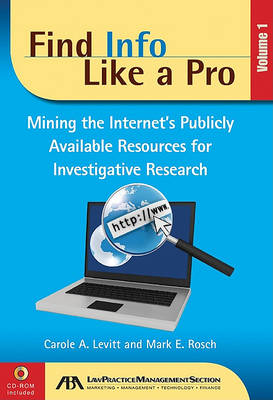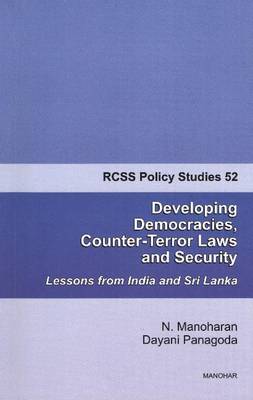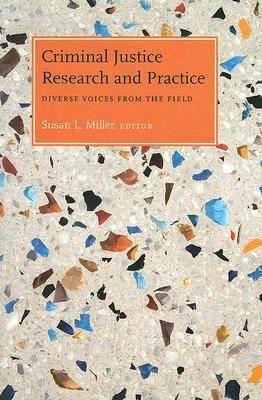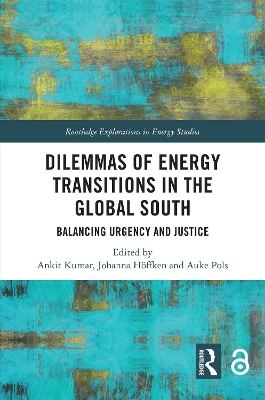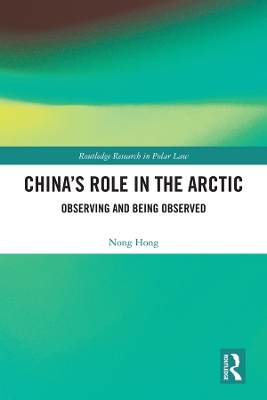This book presents a practical, integrated approach to legal research, analysis, and writing. It provides readers with all the basic tools they need to research and analyze a problem as well as communicate the results of their research. Introduction to Legal Research, Writing, and Analysis. Analyzing Facts and Identifying Legal Issues. Finding and Analyzing Case Law. How to Brief a Case. Constitutions, Statutes, and Administrative Regulations. Statutory and Constitutional Analysis. Computer Assi...
This book is the first to explore what design can do for sociolegal research. It argues that designerly ways-mindsets that are practical, critical and imaginative, experimental processes and visible and tangible communication strategies-can be combined to generate potentially enabling ecosystems, and that within these ecosystems the abilities of a researcher to make meaningful contributions and to engage in meaningful research relations, both within our research community and in the wider worl...
Analysis Techniques for non-Experimental Data: An Introduction (Boom Studieboeken Criminologie & Veiligheid)
by Catrien Bijleveld, Van de Weijer, Stijn Ruiter, and Van Der Geest
Analysis Techniques for non-Experimental Data: An Introduction discusses five different quasi-experimental study designs: propensity score matching, instrumental variables, the regression discontinuity design, fixed effects models, and trajectory analysis. The book starts with a short refresher of regression analysis. Next, the five analysis techniques are discussed relatively briefly and conceptually, with a minimum of formulas. Each technique is also illustrated with a worked example on a fict...
Aristotle (384–322 BC), the great Greek thinker, researcher, and educator, ranks among the most important and influential figures in the history of philosophy, theology, and science. He joined Plato’s Academy in Athens in 367 and remained there for twenty years. After spending three years at the Asian court of a former pupil, Hermeias, he was appointed by Philip of Macedon in 343/2 to become tutor of his teenaged son, Alexander. After Philip's death in 336, Aristotle became head of his own schoo...
Internet Legal Research on a Budget
by Carole A Levitt and Judy K Davis
Occupational Safety and Health Law Handbook
by Melissa A Bailey, Donelle R Burrato, Matthew C Cooper, Frank D Davis, William K Doran, John B Flood, Margaret S Lopez, John F Martin, Marshall Lee Miller, and Gwendolyn K Nightengale
Now in its fourth edition, this popular Handbook has been your go-to guide to the fundamentals of occupational safety and health law for over a decade. This new edition provides an authoritative and up-to-date reference that you count on for its reliable information and straightforward explanation. Each chapter is written by a highly respected attorney who is an expert in the field. Yet the book is written without legal jargon, in plain English that anyone can understand. In it, the authors prov...
Criminological and Criminal Justice Research Methods (Aspen College)
by Wesley G. Jennings and Jennifer M Reingle
When a child-abuse scandal is uncovered at an unlicenced daycare in small-town Saskatchewan, it polarizes the community. Frann Harris, a rookie court reporter assigned to the trial the longest in Saskatchewan history starts to wonder if the scope of the alleged crimes is dwarfed by something even more startling: a botched police investigation and inappropriate courtroom procedures.Harris' narrative alternates between the stories of child sexual abuse and whimsical recollections of her own childh...
Research Handbook on EU Private International Law
by Peter Stone and Youseph Farah
The harmonization of private international law in Europe has advanced rapidly since the entry into force of the Treaty of Amsterdam. Most aspects of private international law are now governed or at least affected by EU legislation, and there is a substantial and growing body of case-law from the European Court as well as the courts of the Member States. This timely Handbook addresses key questions and problems that currently exist in the rules of private international law laid down by European U...
Exploring Educational Research Literacy
by Launcelot Brown and Gary D. Shank
Exploring Educational Research Literacy offers beginning classroom teachers a comprehensive introduction to the topic of educational research literacy-that is, the ability to read educational research articles in a systemic and critical way. Many beginning teacher education students are expected to be familiar with the latest research in their field, but are not necessarily researchers themselves. In fact, many new students have had little exposure to educational research. In this accessible t...
Research Methods for Criminal Justice and Criminology
by Michael G Maxfield and Earl Babbie
Adapted from Earl Babbies best-selling research methods text, this book is written specifically for criminal justice and criminology students. It presents clear, practical, example-filled discussions and applications of the major methods in criminal justice research in an informal, conversational writing style that diffuses student anxiety.
A law school casebook that maps the progression of the law of torts through the language and example of public judicial decisions in a range of cases. A tort is a wrong that a court is prepared to recognize, usually in the form of ordering the transfer of money (“damages”) from the wrongdoer to the wronged. The tort system offers recourse for people aggrieved and harmed by the actions of others. By filing a lawsuit, private citizens can demand the attention of alleged wrongdoers to account for...
Doing Legal Research (Applied Social Research Methods, #43)
by Roberta A. Morris, Bruce D Sales, and Daniel W. Shuman
This useful volume will help researchers and practitioners ensure the legal relevance of their initial research question as well as conduct their own evaluation of the primary legal materials. The book describes how to use a law library to: find, cite and track cases; uncover statutes passed by the state legislatures; examine the legislative history of these statutes and administrative rules and regulations; and discover decisions promulgated by state agencies. In addition it includes exercises...
Elgar Advanced Introductions are stimulating and thoughtful introductions to major fields in the social sciences, business and law, expertly written by the world's leading scholars. Designed to be accessible yet rigorous, they offer concise and lucid surveys of the substantive and policy issues associated with discrete subject areas. Herbert Kritzer presents a clear introduction to the history, methods and substance of empirical legal research (ELR). Quantitative methods dominate in empirical l...
Kaplan Newsweek Law School Admissions Adviser (Get Into Law School: A Strategic Approach)
by Ruth Lammert-Reeves
Assessing the Impact of Transitional Justice
As new forms of government replace repressive regimes, the perennial question arises: how to deal with the wrongdoers of the old regime? In the effort to heal and rebuild societies torn by violence, new governments and the international community have tried mechanisms ranging from criminal trials and financial restitution to public denunciation to more symbolic measures such as truth commissions. The results have been mixed. But out of the often failed transitional justice processes of the past,...
Developing Democracies, Counter-Terror Laws & Security
by N Manoharan and Dayani Panagoda
Criminal Justice Research and Practice (Northeastern Series on Gender, Crime, and Law)
Each semester, thousands of students choose introductory courses in criminology, criminal justice, and sociology. Many are motivated to do so by a strong desire to help others and to make a positive contribution to society. But turning these feelings into postgraduate careers remains a challenge. Some students choose law school, while others become police officers, but there are many other options. This book offers guidance to students interested in working in the broad field of criminal justic...
Dilemmas of Energy Transitions in the Global South (Routledge Explorations in Energy Studies)
This book explores how, in the wake of the Anthropocene, the growing call for urgent decarbonisation and accelerated energy transitions might have unintended consequences for energy poverty, justice and democracy, especially in the global South. Dilemmas of Energy Transitions in the Global South brings together theoretical and empirical contributions focused on rethinking energy transitions conceptually from and for the global South, and highlights issues of justice and inclusivity. It argues...
This book explores the growing interests of China in the Arctic and examines the nature of its interests and motivations in maintaining its involvement and presence in the region. The new geopolitical landscape of the Arctic today is a significant departure from the great power politics that existed in the region during the Cold War era. Apart from traditional Arctic states, more and more international organizations and non-Arctic states are showing an increased interest in this region, not lea...
